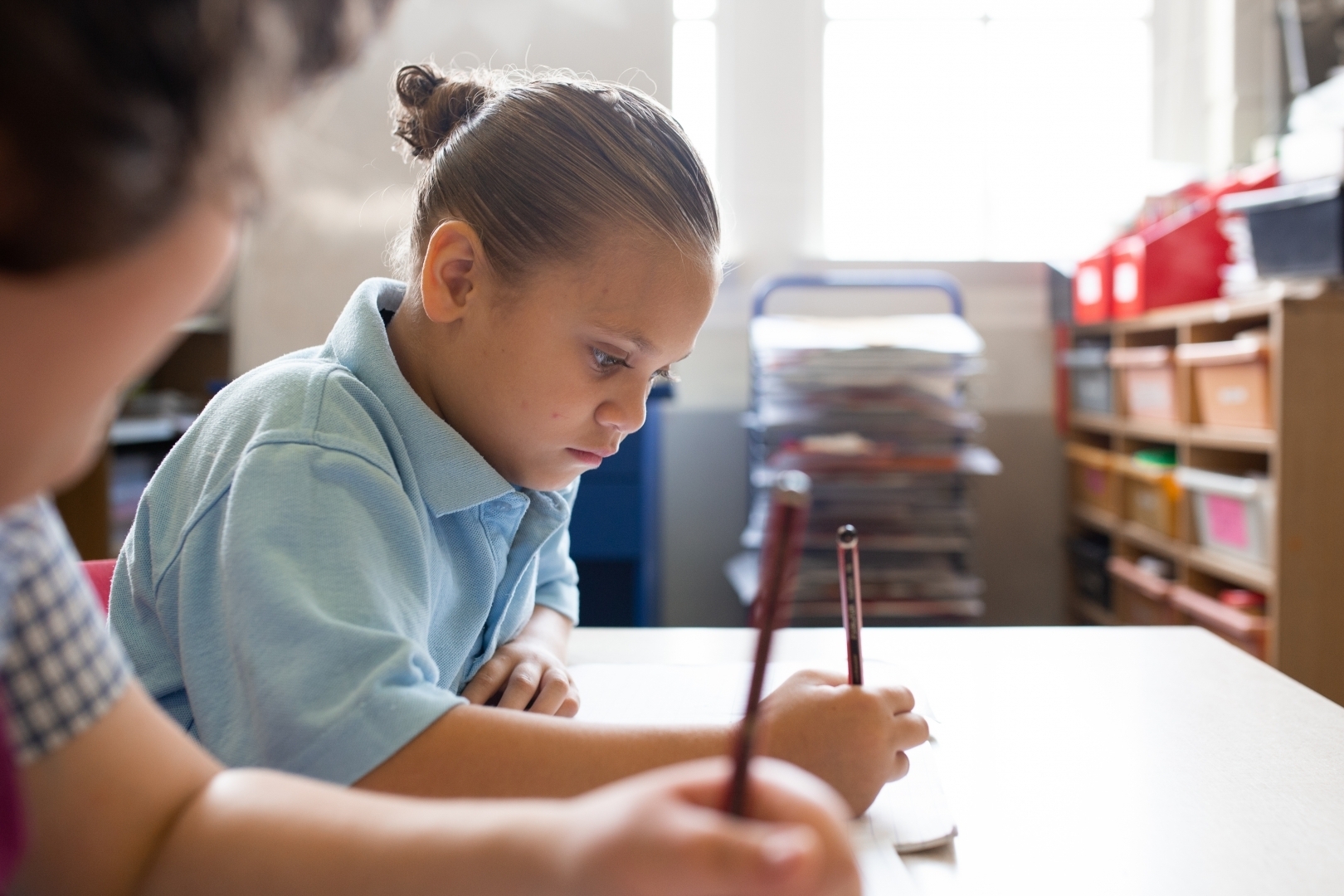Policy, research and submissions
Ensuring the voices of children, young people and their families are represented at all levels of government.
Last updated: 08 Jan 2026

Our commitment to representation and evidence-based solutions
We are dedicated to ensuring the voices of children, young people and their families are represented at all levels of government.
We are proactive in preparing submissions to governmental bodies and other relevant stakeholders. These submissions serve as powerful advocacy tools, highlighting the needs and concerns of children, families and the workforce that supports them.
Our research initiatives generate valuable insights into the challenges faced by children and families and potential solutions to address these challenges. With a firm commitment to evidence-based practices, our research not only informs our own work but also contributes to broader discussions and policymaking processes.


Submission to the 2026-27 Victoria State Budget
24 Feb 2026
The Centre for Excellence in Child and Family Welfare is calling on the Victorian Government to prioritise early intervention, family support and child-centred systems in the 2026–27 State Budget.
Peak body backs huge step forward for landmark Victorian reforms for children in care
20 Feb 2026
The Centre for Excellence in Child and Family Welfare welcomes cross-party support for life-changing legislation for children in state care.
RoGS 2024-25: Child Protection Services – What it means for children and young people
04 Feb 2026
This brief summary comes from the Report on Government Services Part F, Section 16 that was released on 29 January 2026. This report provides a comprehensive analysis of child protection services across Australia.